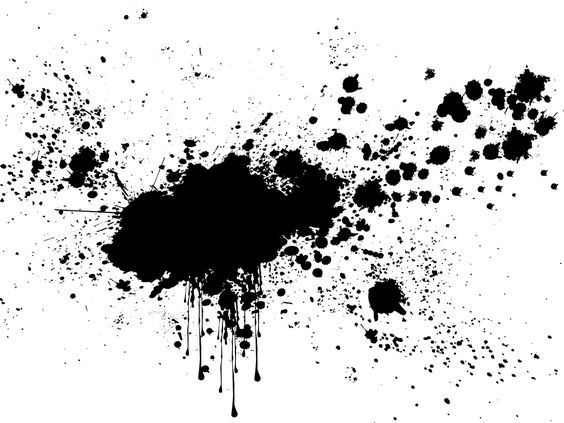This highly popular, scholarly but accessible course is running for another year, hosted by Treadwell’s books. Extended and augmented, this twelve-month offering explores esoteric traditions to give a well-rounded sense of their content; it teaches their historical developments and key ideas and their place within the broader background of conventional history.
Dr Sasha Chaitow starts in the turbulent Hellenistic period, when “acceptable” and “occult” thought were first distinguished from one another. Here too, were the roots of esoteric traditions in neoplatonism, hermeticism, and gnosticism. These three very different, but related worldviews, were reconstituted during the Renaissance, when elements borrowed from kabbalah, alchemy and other sources were merged with older currents of thought. This marked the birth of “the Western Esoteric Traditions.”
The common objective of these movements was to raise human consciousness and self-awareness towards reintegration with the divine, through human will and individual spiritual development. Interaction with developments in science, politics, and religiocultural events shaped these traditions as much as their counterparts. The course then examines the esoteric movements of the eighteenth, nineteenth, and twentieth centuries, concluding with occulture today.
Course contents
1. · The Academic Study of Western Esotericism: Terminology, Methods, Issues
2. · Historical review of Western Esoteric Thought from antiquity to modern times.
3. The Hellenistic Period: Hermeticism and Neoplatonism
4. ·Gnosticism in Antiquity and its absorption into later traditions.
5. The Renaissance and the birth of the “Western Esoteric Traditions”
6. Alchemy: The Art of the Philosophers
7. Kabbalah: Healing the World
8. Pansophia, Theosophia, and the Philosophia Sacra
9 The Scientific Revolution and the Counter-Enlightenment
10 Initiation and Esoteric Fraternities
11 The Occult Revival and Modernism
12. 21st Century Occulture
Who is it for?
- People looking for an academic, yet accessible, approach to occult movements, with practitioner perspectives
- Practitioners who want a deeper understanding of their chosen path, and to know what scholars actually do
- People wishing to understand the roles esoteric traditions have played in the history of wider Western culture
- Scholars wanting a grounding in the terms, history, and ideas within Western Esotericism
- People wanting to get a firm grasp of the historical interrelationships across the spectrum of esotericism
- People considering advanced academic study in Western Esotericism
Course structure
There are twelve monthly topics, each involving three elements.
- A pre-recorded lecture on the month’s theme, which you watch at any time before the live seminar. It comes with a recommended reading list (not obligatory)
- A 2.5-hour seminar on a Wednesday, 7pm GMT (UK time), based on interactivediscussion of the texts emailed to you the pevious week. There is then discussion in small groups (using Zoom’s breakout rooms) responding to specific prompts and questions, whose conclusions are fed back to the main group. There is live Q&A sessions at the start and end of each seminar.
- For further study, you receive prompts, questions, and further reading to work on over the course of the following month. For this, you have access to to Dr Chaitow’s support and guidance.


